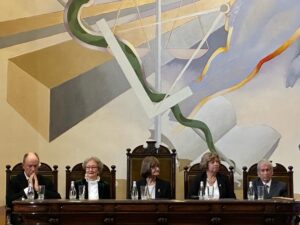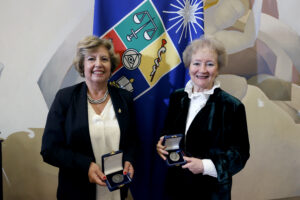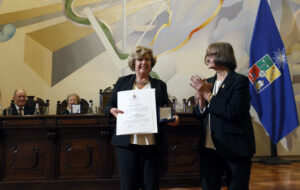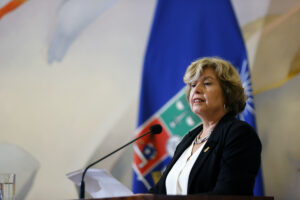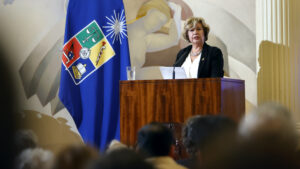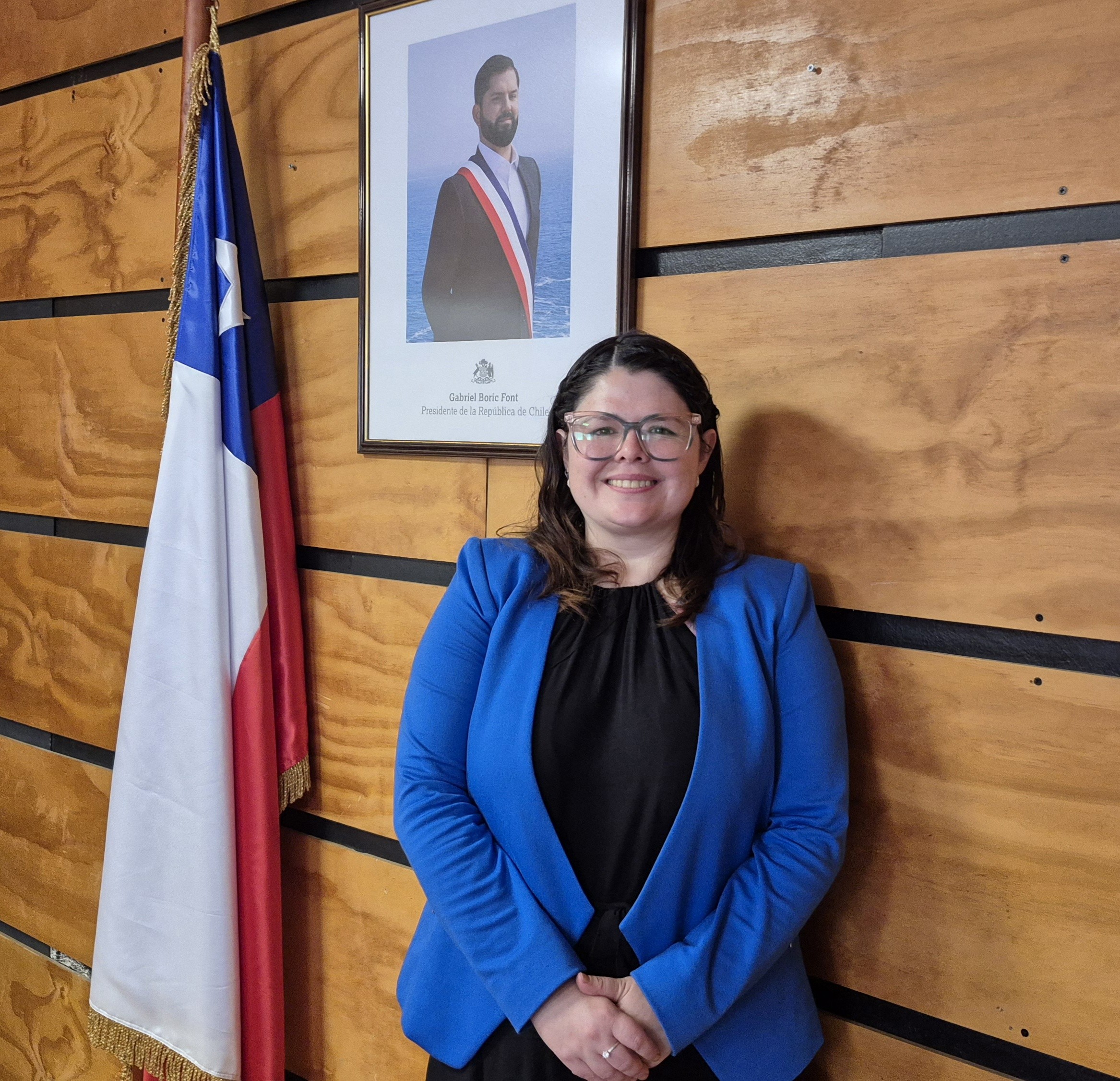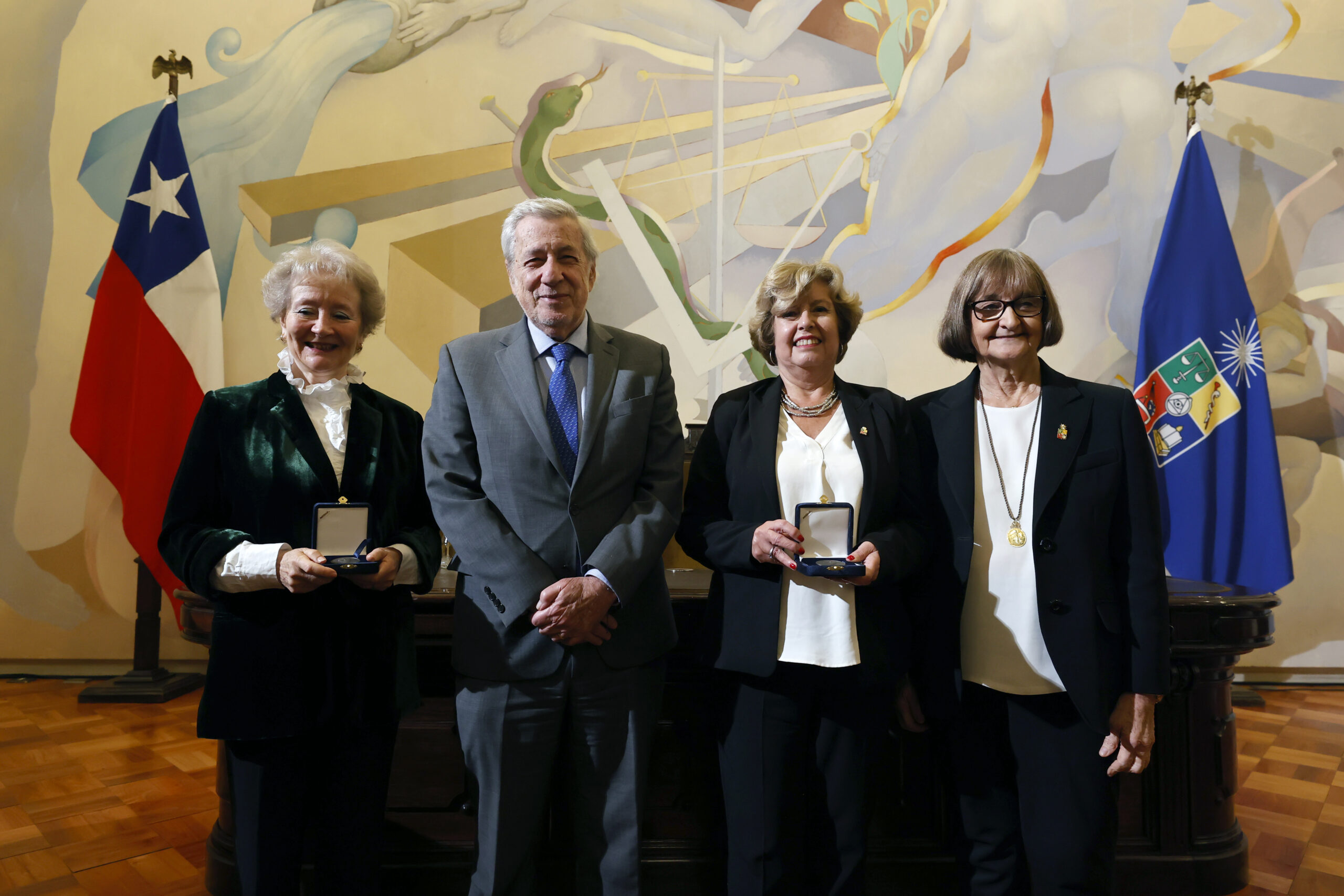
CATA Astronomer, Mónica Rubio, receives the Rector Juvenal Hernández Jaque Medal
The researcher associated to our Center and academic of the Department of Astronomy of the University of Chile received the Juvenal Hernández Jaque 2024 medal, in the “Science and Technology” category.
On Wednesday, April 30, Mónica Rubio, Associate Researcher at the Center for Astrophysics and Related Technologies (CATA) and professor at the Department of Astronomy of the University of Chile, was awarded the Rector Juvenal Hernández Jaque 2024 medal in the “Science and Technology” category, in a ceremony held at the Hall of Honor of the University of Chile.
This distinction is awarded to graduates who have rendered distinguished services to the country and to the university through their professional and academic work.
Highlighting her academic and professional career, Professor Rubio is National Exact Sciences Award 2021 and PhD in Astrophysics from the University of Paris in France. She served as Director of the Astronomy Program (2007-2014), was Vice President of the National Council for Science and Technology (CONICYT) in 2019 and is currently Associate Researcher of our Center and Vice President of the International Astronomical Union (IAU).
She is also an expert in star formation and the study of molecular regions. She has lectured at international conferences in the United States, Europe, Japan and Latin America. During her scientific career, she has obtained more than 700 nights at observatories in Chile, also at the Hubble and Herschel space telescopes, and NASA’s SOFIA. Using the ALMA radio telescope, he discovered how dwarf galaxies form their new stars, a study published in the prestigious journal Nature and widely reported in the international press.
“Since I was a child I was fascinated by looking at the sky, and as a professional I was able to observe the Universe. I have had the opportunity to train new generations, especially young women, who today are outstanding astronomers and academics in different universities. Astronomy connects us with the fundamental questions of humanity: Where do we come from? What is the origin of life? How was the Universe formed? Chile is the epicenter of world astronomy and our skies are an incalculable scientific and cultural heritage,” said the professor in her speech in the Hall of Honor.
The academic deeply valued this new recognition and delivered a message to the new generations who want to dedicate themselves to astronomy and science in general. “I am very happy and excited with this new recognition given to me by the University. This distinction is very much appreciated. I want to convey to young people, especially women, that talent and capabilities have no gender. If they are interested and passionate about science, go ahead. Chile is a country that has many possibilities for frontier research, from our territory and our institutions”, commented Mónica.
Recent news
-
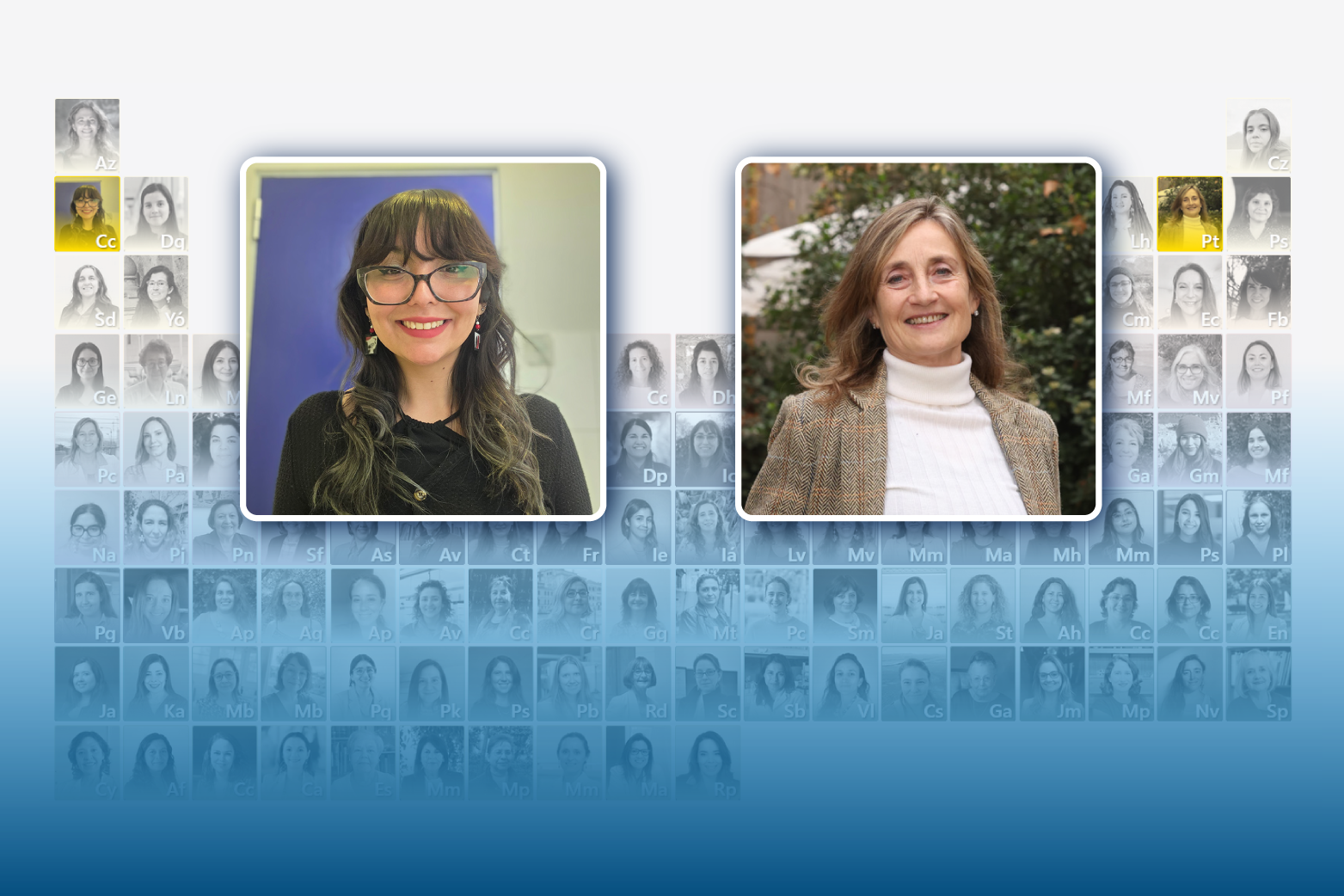 Publicado el: 17/02/2026The National Congress Library highlights CATA researchers in its second edition of Chilean Women Scientists
Publicado el: 17/02/2026The National Congress Library highlights CATA researchers in its second edition of Chilean Women Scientists -
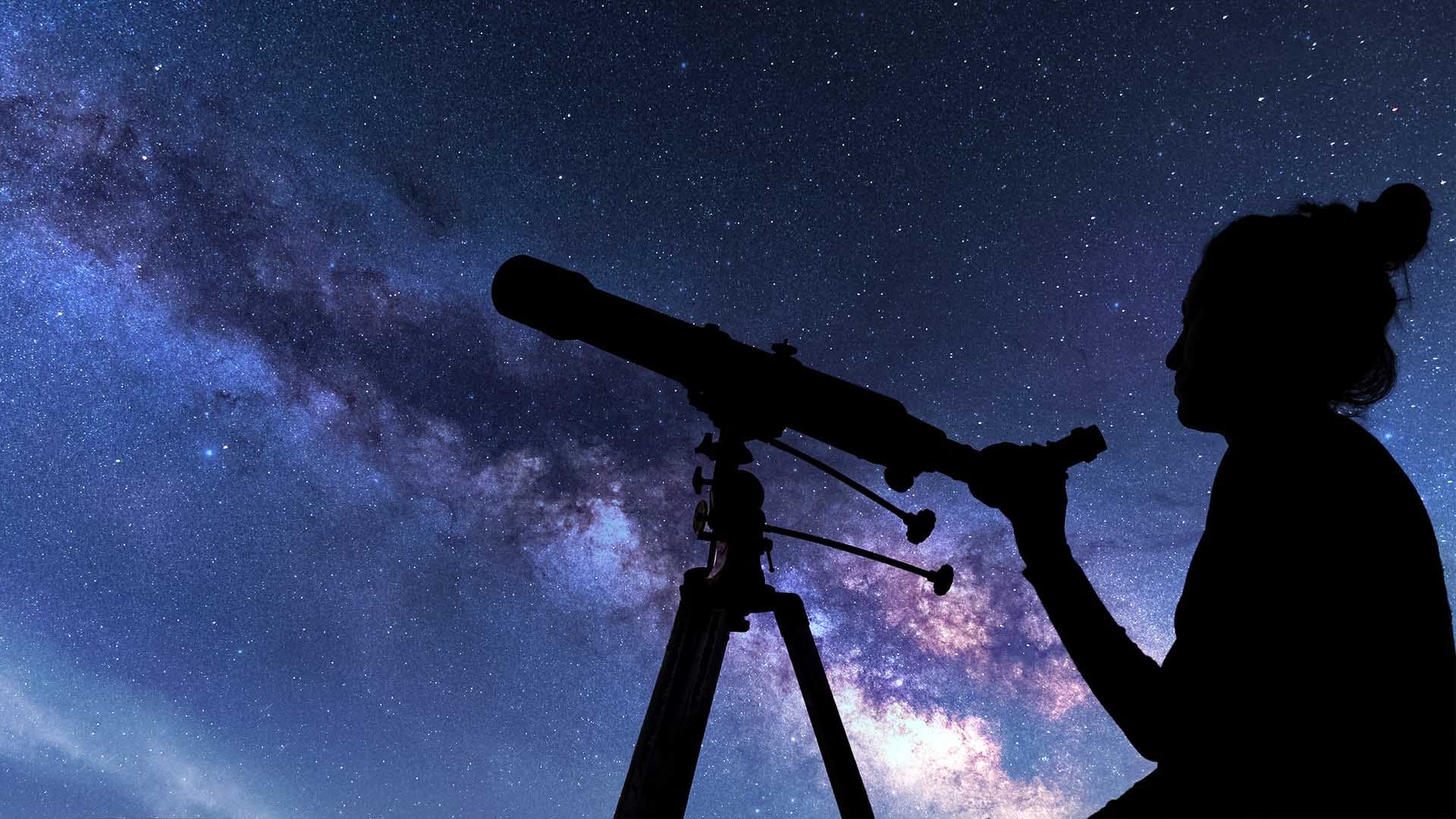 Publicado el: 11/02/2026Science with a woman’s face: gaps, vocations, and pending challenges
Publicado el: 11/02/2026Science with a woman’s face: gaps, vocations, and pending challenges -
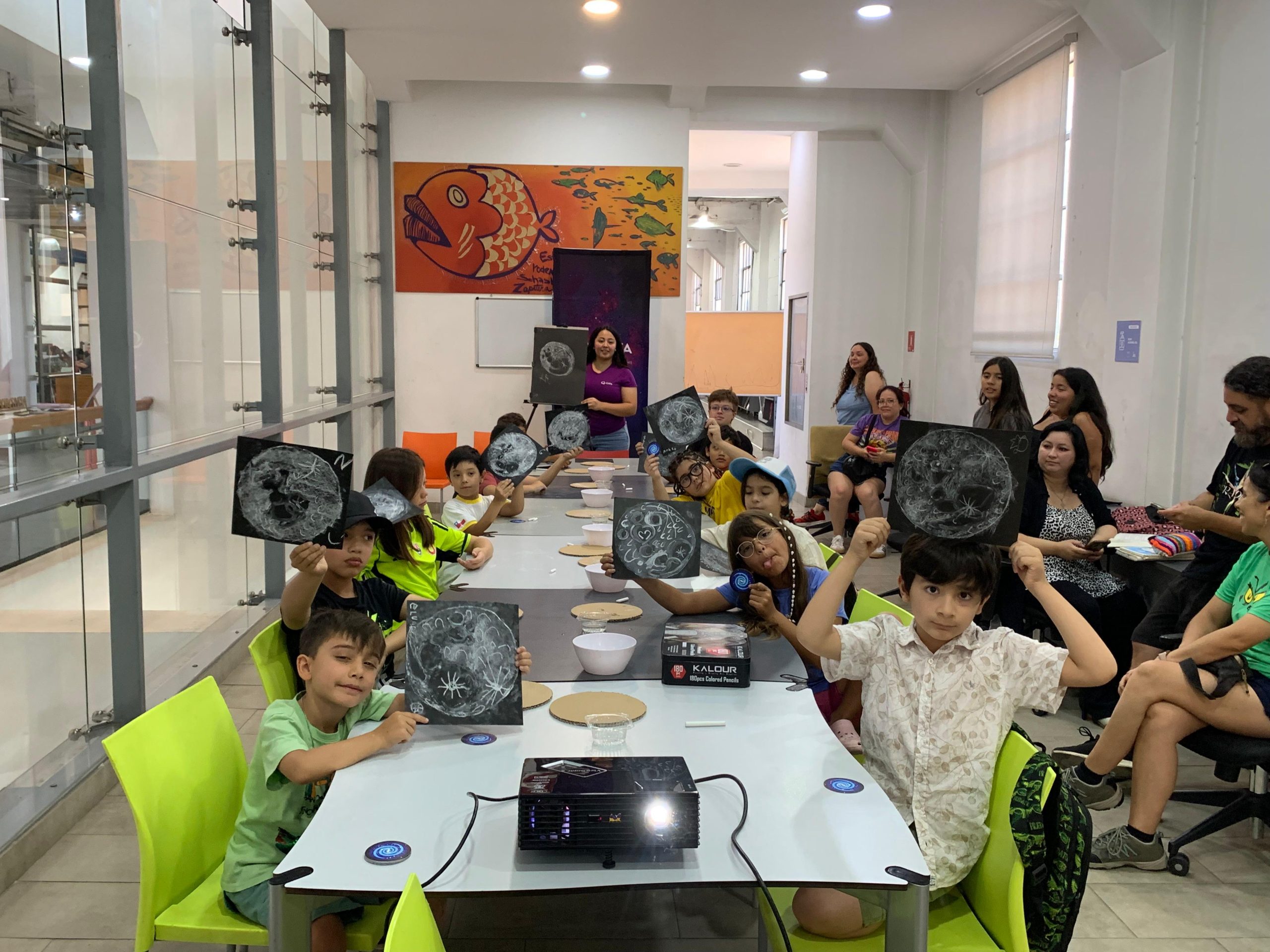 Publicado el: 09/02/2026Astronomy Day was held at the Santiago Library
Publicado el: 09/02/2026Astronomy Day was held at the Santiago Library -
 Publicado el: 30/01/2026Looking ahead to the next five years: Galaxies Area meets to share progress and strengthen research
Publicado el: 30/01/2026Looking ahead to the next five years: Galaxies Area meets to share progress and strengthen research -
 Publicado el: 29/01/2026Will Earth have two moons until 2083? The idea behind object 2025 PN7
Publicado el: 29/01/2026Will Earth have two moons until 2083? The idea behind object 2025 PN7
Categories list
- Acknowledgments 24
- Astrobiology 8
- AstroCluster 1
- Black holes 19
- Corporativo 62
- Cosmology 5
- Descubrimientos 25
- Disclosure 78
- Exoplanets 15
- Extension 6
- Galaxies 23
- Galaxies formation 7
- Inter y Transdisciplina 4
- Local Universe 17
- Publications 7
- Sin categorizar 36
- Solar System 24
- Stellar formation 8
- Technology 18
- Technology Transfer 20
